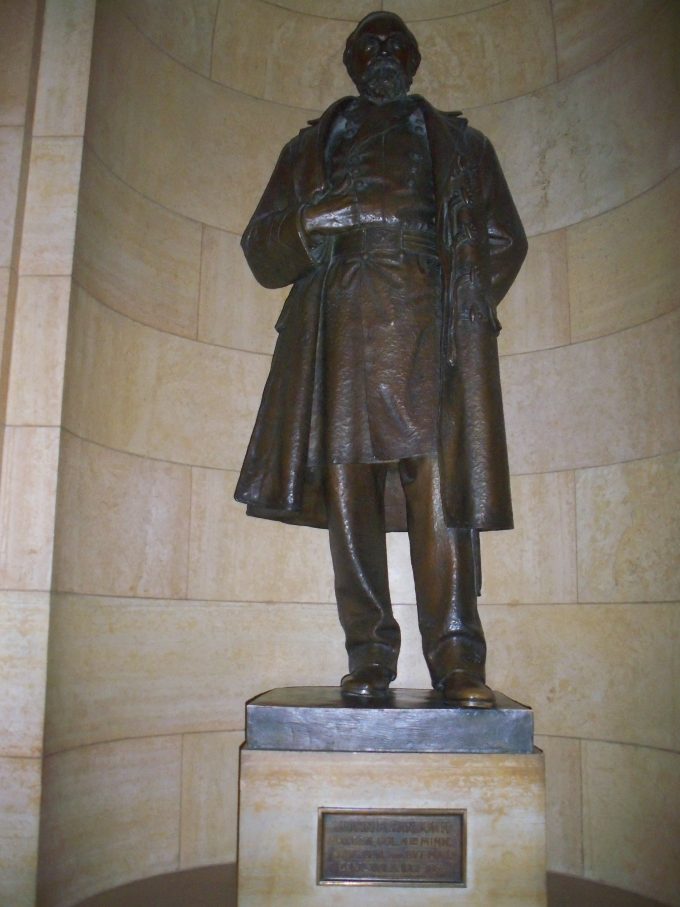
Saturday, 15 July 2017
Therefore, when we could no longer endure it, we thought it good to be left in Athens alone, 1 Thessalonians 3:1
This verse is hard to reconcile with the account in Acts, but only because not everything that occurred is recorded there or here. Paul is using the plural “we” here, but as has been seen already, it is certainly referring to himself alone. This becomes evident in verse 3:5. The use of “we” is because the letter as a whole was from himself, Silvanus, and Timothy. It is how we speak and write in English as well, and there is nothing which proves a contradiction in the biblical account in his words.
He says, “Therefore.” This is based on the ending words of the previous chapter. Paul had spoken of how eagerly he had wanted to come to Thessalonica, but he was hindered in doing so. But they were to him as his glory and joy. It caused him no little anguish. As he says, “when we could no longer endure it.” The word he uses gives the sense of a vessel which is over-filled and which is bursting, or as something which is covered in order to keep water out, but which is ready to give in.
In the words, “…when we could no longer endure it,” the “we,” as noted, is speaking of himself in the sense that he would be left alone in Athens while the other two would conduct other affairs. Almost as soon as they all arrived, Silvanus and Timothy were sent back to Macedonia. Silvanus went to one area, probably Berea or Philippi, and Timothy went back to Thessalonica. What is left out of Paul’s words in this epistle was simply not of importance to the church. They would have already heard from Timothy concerning where Silvanus had gone. As they were gone, he says, “…we thought it good to be left in Athens alone.”
This is not speaking of the three of them being alone in Athens, but the agreement by the three of them that Paul alone would stay. Timothy, as we will see, and as noted above, was sent back to Thessalonica while Silvanus went elsewhere. During this time, Paul was alone in Athens. It is something which is rather unusual. He was normally conducted from one place to another due to some unknown affliction. Therefore, while alone in Athens, he would have been greatly inconvenienced, and certainly very lonely.
Life application: At times, there are needs which must be considered as more important than our own personal comforts. When these times arise, we can look at what occurred with Paul here and know that it is right and good to allow ourselves to suffer inconvenience for the sake of the gospel, and for the sake of those who need attention in that precious message.
Gracious and merciful heavenly Father, thank You for those who are willing to set aside their own personal comforts and needs in order to minister to others. You have faithful missionaries around the world, telling the good news of Christ even through times of loneliness and want. You have set up leaders in the church who give and give at every need that arises. And there are people in the church who also give beyond even their ability to give for each need that arises. Surely this is because of our great love for what You have done for us in Christ. Thank You for the greatest giving of all… our Lord Jesus. Amen.
